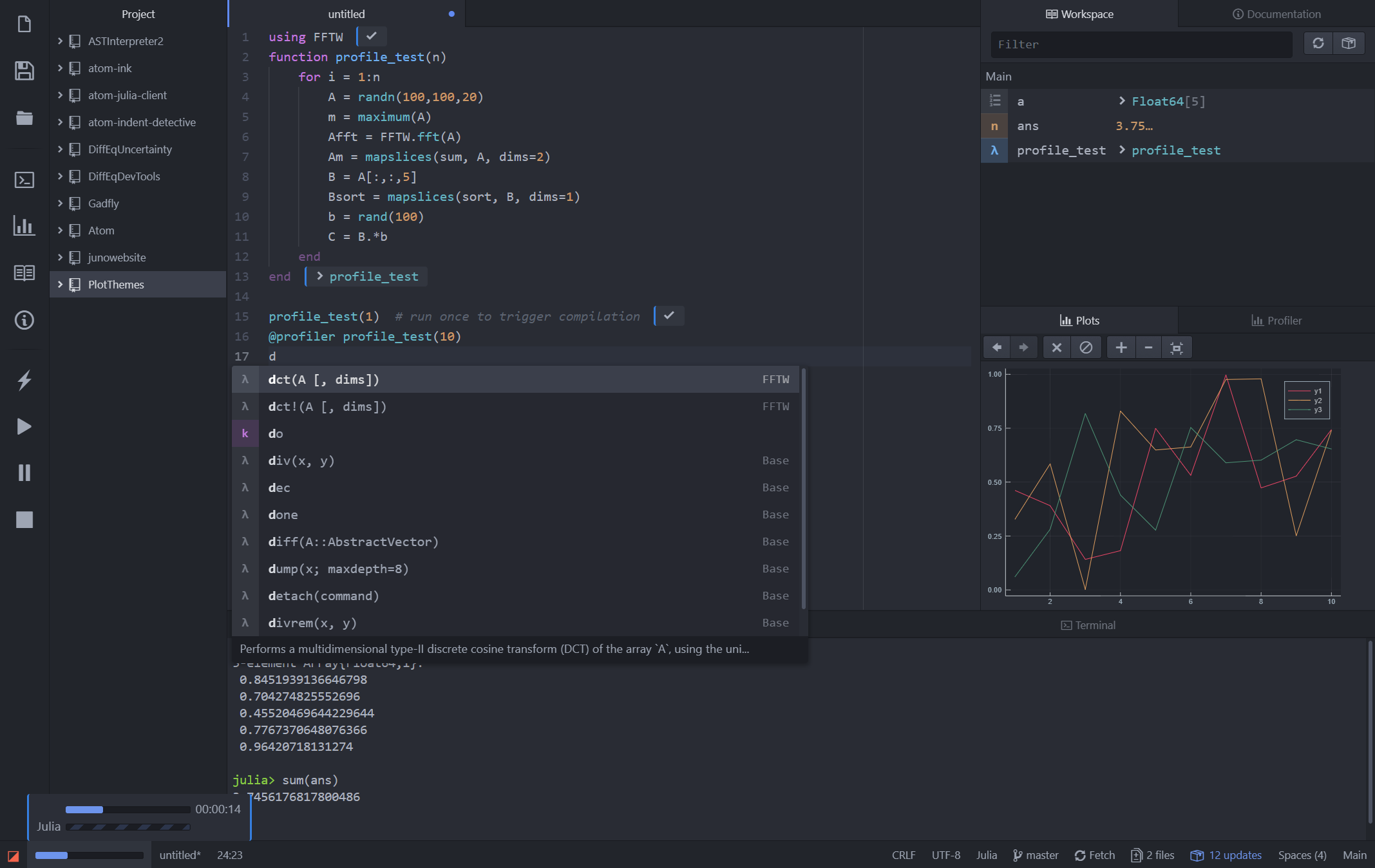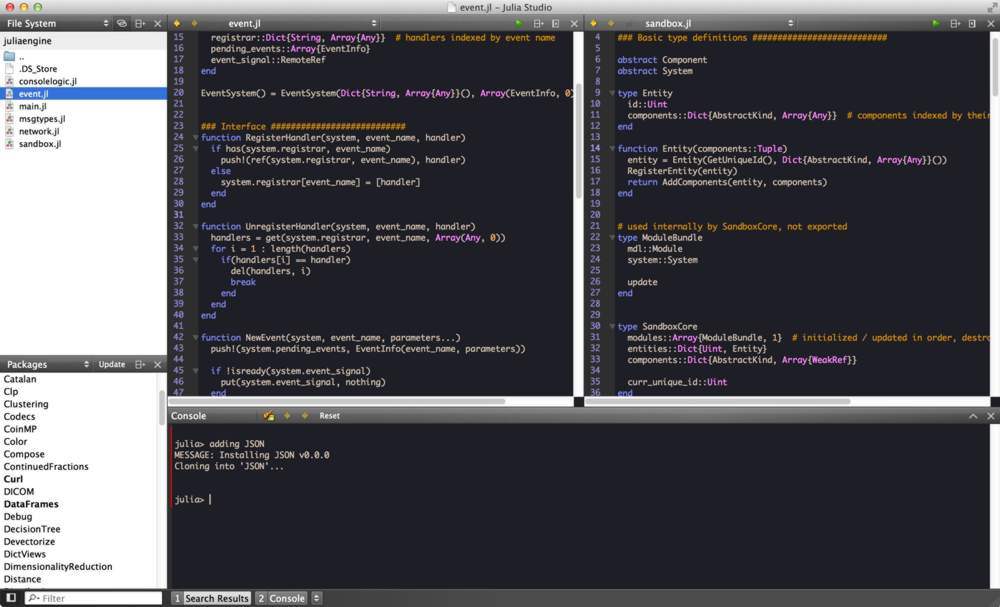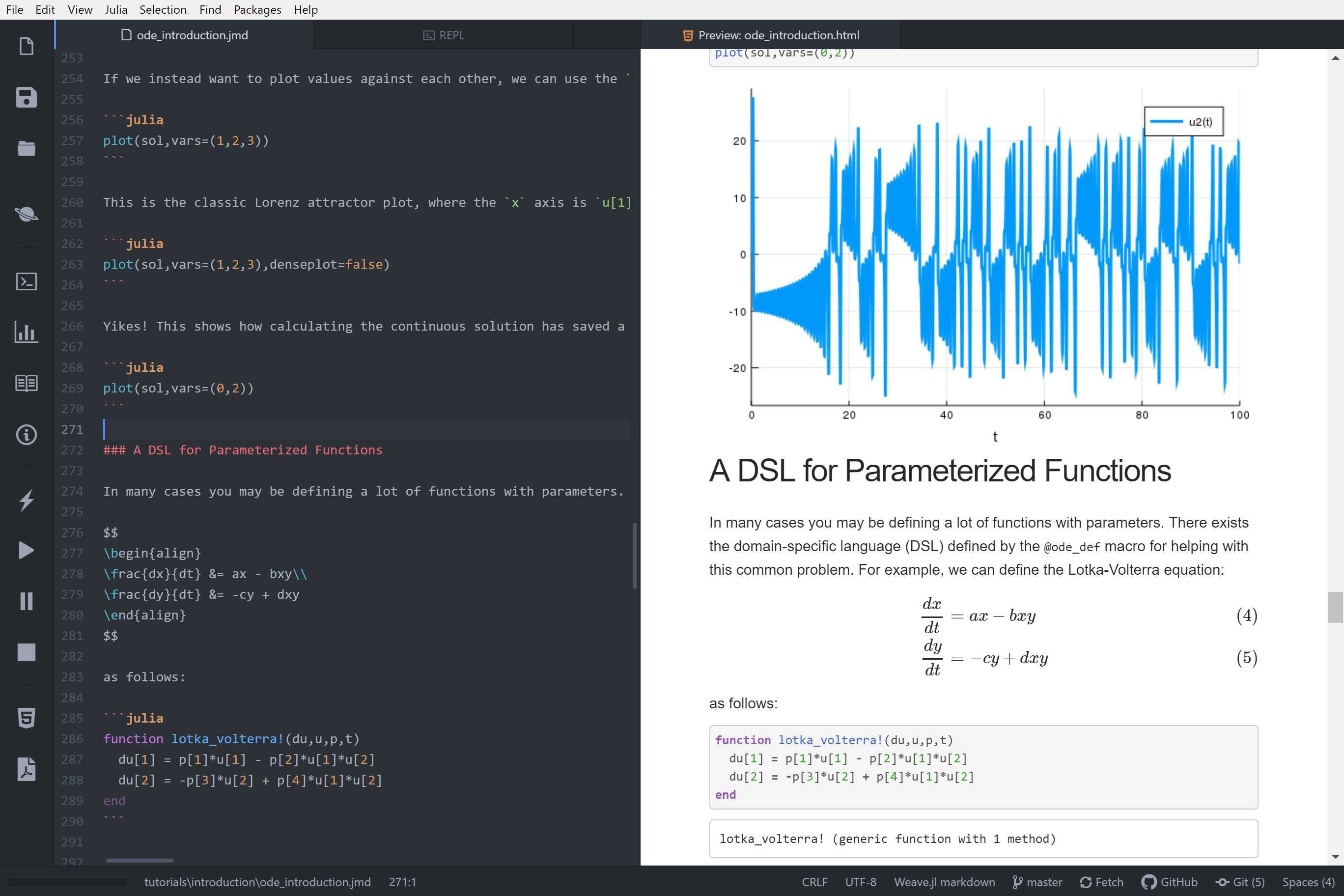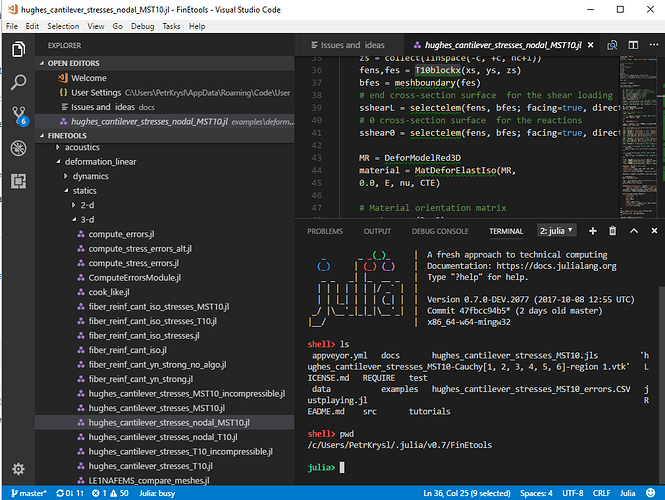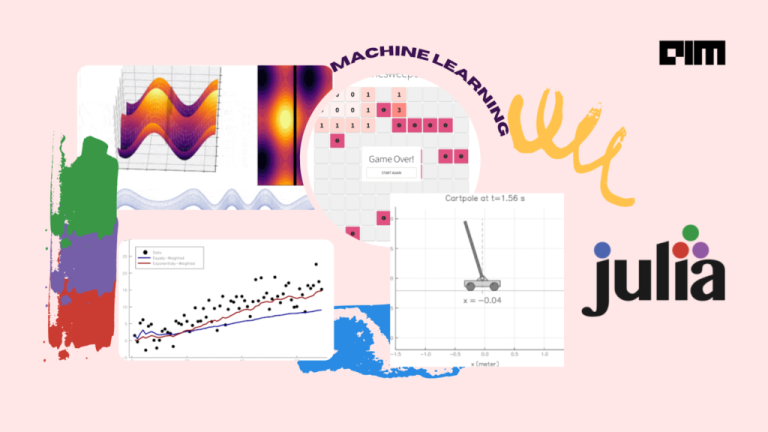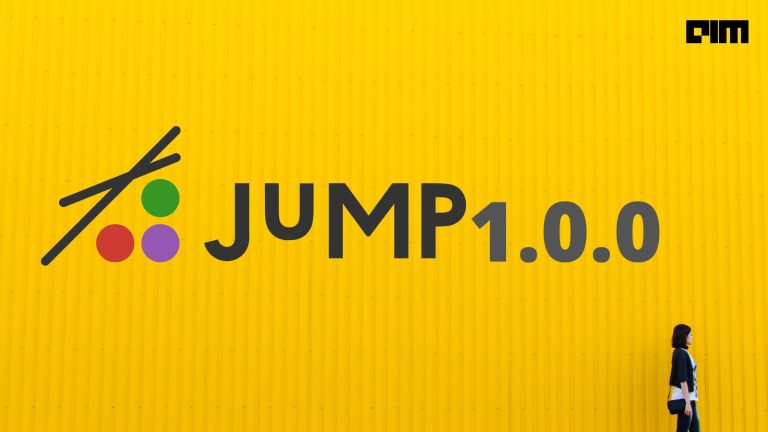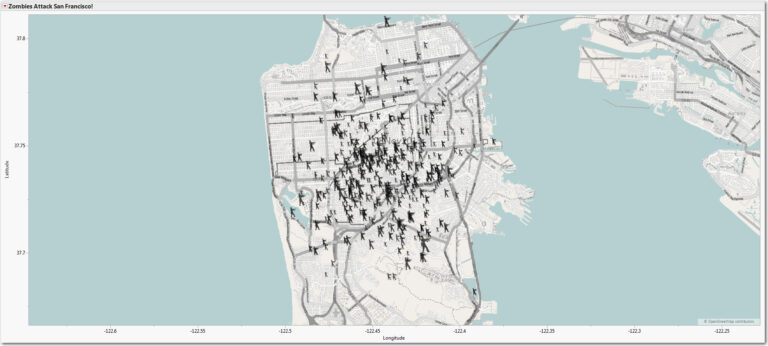If you already are a Julia programmer or developer, you would be interested to know what are the top IDEs one can use. Julia is easier to work with when you make use of an IDE such as Juno which is an excellent IDE. For developers who wish to create complex applications, IDEs can be very helpful but it must be noted that there is no such specific feasible IDE for this language and one must choose their IDE according to their comfort level as well as accessibility to that language.
In this article, we list down 5 Julia-specific IDEs along with some prominent alternative IDEs.
1| Juno
Juno is an open source, minimalistic, powerful IDE for Julia based on Light Table. It is equipped with autocomplete function which means it can predict the functions or variables to be typed, making it best suited for both beginners, as well as the experts, for building better software more quickly with faster results. In this IDE, a hybrid “canvas programming” style combines the exploratory power of a notebook with the productivity of an IDE.
Installation:
- If Julia is not installed yet, click here to download it. Also, make sure that you have downloaded and installed Atom version 1.23+.
- For installing Juno, type “uber-juno” and click install. Atom will then set up Juno for you.
Click here to get started.
2| Julia Studio
This is a cross-platform open source IDE for Julia language which is based on Qt Creator and the Qt framework. It includes built-in support for version control with git and it is much easier to create data visuaisations using standard Julia packages.
Click here to get started.
3| JuliaDT
This IDE is an alpha release of an Eclipse-based IDE for Julia. The plugins aim to make Julia’s strengths more readily accessible to an expanding community of developers. The roadmap includes extending existing features including outline and navigation as well as REPL, plotting and debugger support.The other features include are such as interpreter integration, project and file wizards, project explorer, syntax highlighting, template support, auto-completion, etc.
Installation:
- Download the JuliaDT plugin for Eclipse
- In Eclipse, select Help > Install New Software…
- Click Add
- Click Archive and select the zip file
- Select JuliaDT
- Click Next to review and accept the license
- Click Finish and Restart.
Click here to get started.
4| Weave
Weave is a scientific report generator/literate programming tool for Julia which gives the resemblance of Pweave, Knitr, Sweave, and markdown. The features include in this IDE are such as it captures Plots.jl or Gagfly.jl figures, supports LaTex, Pandoc, Github markdown, MultiMarkdown, Asciidoc, and reStructuredText output, Markdown the script of Noweb syntax for input documents, publish markdown directly to HTML and pdf using Julia or Pandoc markdown, simple caching of results along with convert to and from IJulia notebooks.
Installation:
You can install the latest release using Julia package manager:
using Pkg
Pkg.add(“Weave”)
Click here to get started.
5| JuliaBox
This is basically an online browser-based IDE for Julia. It has a Jupyter notebook interface and includes more than 270 carefully curated popular Julia packages. It also has multi-node deployment as well as parallel computing capabilities. The registration as well as the version is free to download which serves as a suitable tool for the beginners to start learning Julia language.
Click here to get started.
Other Prominent Alternatives
Vim
Vim is among the most popular open-sourced, light-weighted and highly configurable text editor which can create and edit any kind of text. The features included in this IDE are multi-level undo tree, persistent in nature, extensive plugin system, support for hundreds of programming languages as well as file formats, powerful search and replace features including integration with many tools.
Installation:
The best way to install Vim on Unix is to use the sources:
git clone https://github.com/vim/vim.git
cd vim/src
Make
Click here to get started.
Jupyter
This prominent open-sourced IDE is not just useful for Python but also it can be used for implementing Julia language. This offshoot project of Python includes features such as statistical modelling, data visualisation including support for machine learning. It has a vast community which makes it more flexible to use. Click here to learn more about this IDE.
Installation:
Using Anaconda:
Download Anaconda’s latest Python 3 version from here and to run the notebook, type the command “jupyter notebook”
Using pip, run the command:
python3 -m pip install –upgrade pip
python3 -m pip install jupyter
jupyter notebook
Click here to get started.
VS Code
Visual Studio Code is a lightweight and powerful source code editor which comes with in-built support for JavaScript, TypeScript, and Node.js and also has a rich ecosystem for many languages. This open-sourced code editor is redefined and optimised for building and debugging modern web as well as cloud applications. From the UI to the editing experience, almost every part of the VS Code can be customized and enhanced through the Extension API.
Installation:
The installation is easy, click here to install the IDE on your platform.
Click here to get started.





